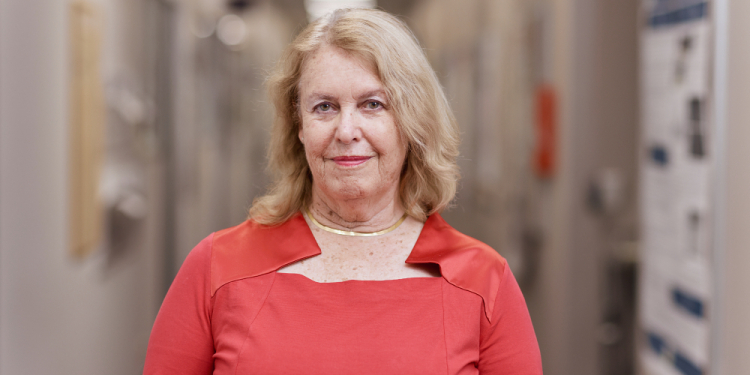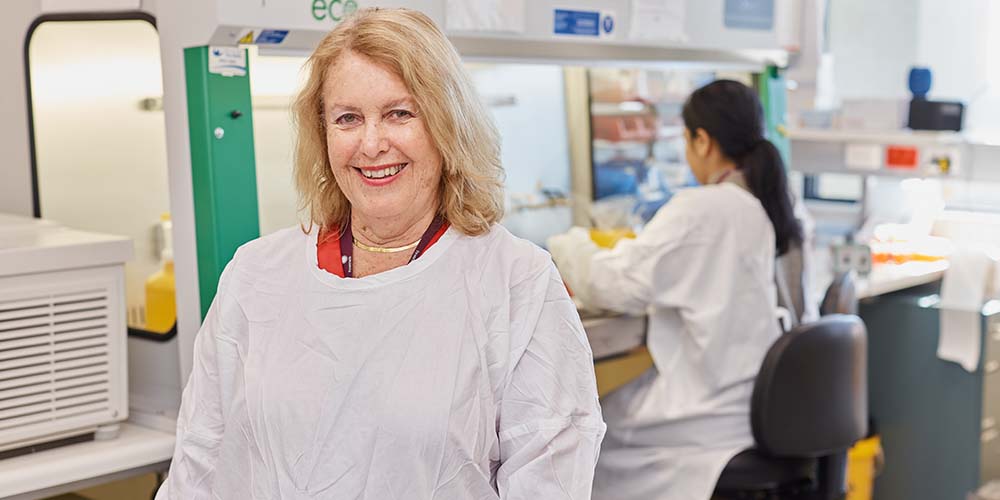
New data shows that most Australian students are taking part in the National Vaccination Program for Human Papillomavirus (HPV), regardless of gender. We celebrate this milestone on International HPV Awareness Day.
New numbers from The Australian Immunisation Register have been released, showing 80 per cent of eligible young people are being vaccinated against HPV – regardless of their gender.
Professor Garland, Director of the Women’s Centre for Women’s Infectious Diseases Research, says this is a major achievement that follows over 15 years of dedication.
“Back in 2007 when the National HPV Vaccination Program began, it was provided to schoolgirls between the ages of 12-13. Since 2013, teen boys have also been provided HPV vaccination at school.
“Ten years on we see that 80 per cent of eligible students, and their families, are agreeing to take part.
“It is hugely impactful when this many young people take part – it means we see fewer cases of vaccine-preventable HPV types and genital warts as well as cervical cancer, and eventually vulva and anal cancers.”
Prof Garland is a major contributor in Australia’s HPV Vaccination Program and is also the President of International Papilloma Virus Society – the global authority on HPV.
She says cervical cancer has decreased significantly in countries where vaccine coverage is high.
“Large teams of researchers, scientists and clinicians at the Women’s have contributed to this success and helped to address a key area of women’s health. They should feel very proud.”
Australia’s HPV vaccination schedule has recently changed, with students in the future to receive one vaccine dose instead of two. More information about this change is provided on the Department of Health and Aged Care website
“Changes to the HPV vaccination schedule are very recent, so parents will start seeing communication from schools soon about what that means,” Prof Garland says.
“At this stage, researchers are awaiting the results from large, randomised control trials of 1 versus 2 dosing. Early and long-term observational data on changing to a single dose is looking encouraging and strong.
“Regardless, we must continue our important surveillance of vaccine effectiveness of the National HPV Vaccination Program.”
Read related content from the Women's
-
 One jab alone – the future of HPV prevention
One jab alone – the future of HPV preventionThe International Papillomavirus Society (IPVS) has revealed that a single dose of preventative HPV vaccine should be enough to stop it spreading and causing several kinds of cancer.
Learn more -
Human papillomavirus (HPV)
Human papillomavirus (HPV) is the most common viral sexually transmitted infection (STI). Around 85 per cent of people who have ever been sexually active will get HPV at some stage of their life.
Learn more